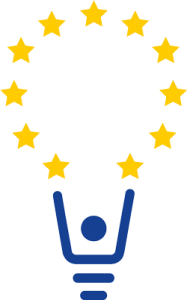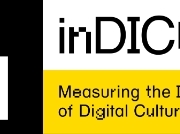Joining forces for innovation in the European cultural sectors
We are happy to announce that the Scuola Superiore Sant’Anna, project coordinator of reCreating Europe – Rethinking digital copyright law for a culturally diverse, accessible, creative Europe recently signed a Memorandum of Understanding with the Italian Central Institute for the Union Catalogue of Italian Libraries and Bibliographical Information (ICCU), project leader of inDICEs – Measuring the impact of digital culture.
Both projects rely on the expertise and participation of high profile experts, scholars, stakeholders and representative bodies, coming from a variety of related sectors, disciplines and EU countries. The collaboration between the two initiatives stems from their complementarity and common goal of tracing the path towards an innovative, digital and diverse approach to culture in Europe.
reCreating Europe aims to comprehensively map and assess the regulatory framework and main problems faced by the various stakeholders of the cultural sectors (authors/performers, creative industries, cultural heritage institutions, intermediaries and end users), suggesting policy strategies and best practices to overcome them.
inDICEs primarily focuses on the cultural heritage/GLAM sector. The project consortium is currently developing an open participatory platform and online tools to assess the social and economic impact of the digitization of cultural heritage. Said platform and related online tools are designed for the use and benefit of cultural institutions all across Europe, which will be able to develop and share innovative business models for the reuse of cultural goods and the support of the digital transition of libraries, museums and archives.
In light of the on-going and future activities of both projects, the MoU signed by Scuola Superiore Sant’Anna and ICCU represents an extremely valuable occasion of cooperation and exchange. While supporting the mission and common objectives of recreating Europe and inDICEs, the collaboration will strengthen their results, both with regards to the insights on how to improve the regulatory framework on access to and reuse of cultural goods and to the impact and success of common on-field initiatives such as surveys, public consultations, workshops and conferences.







Leave a Reply
Want to join the discussion?Feel free to contribute!